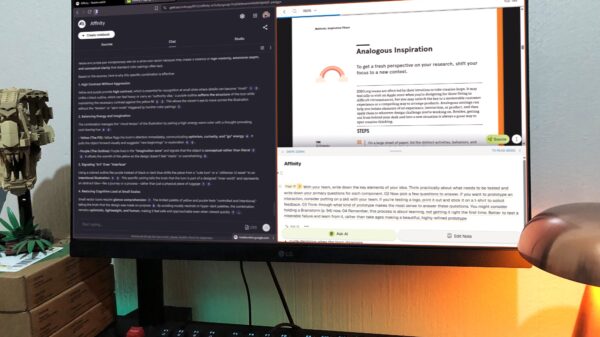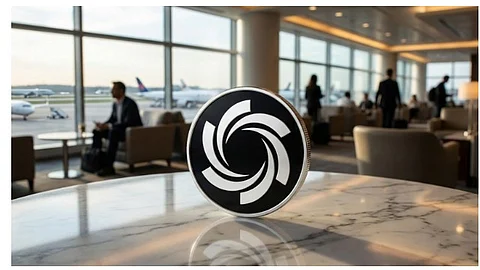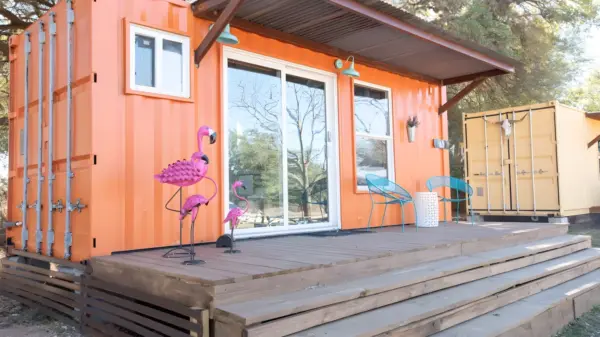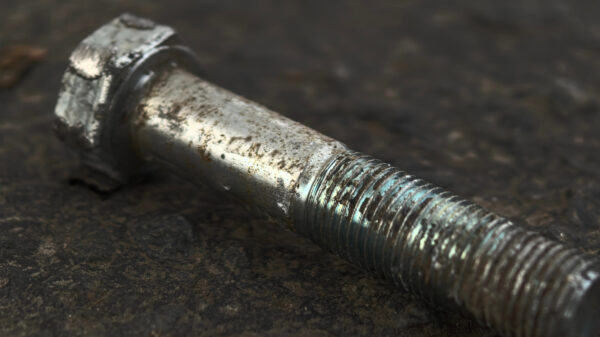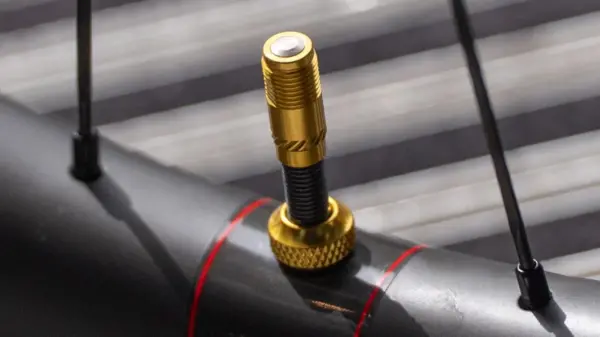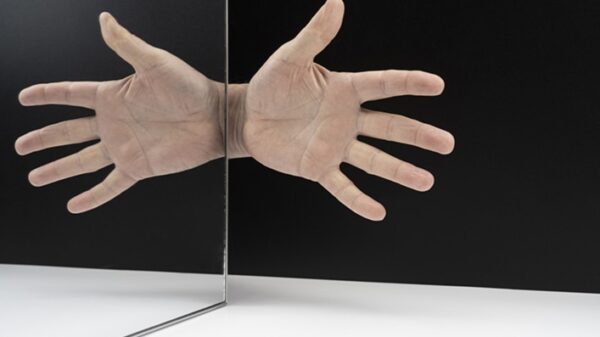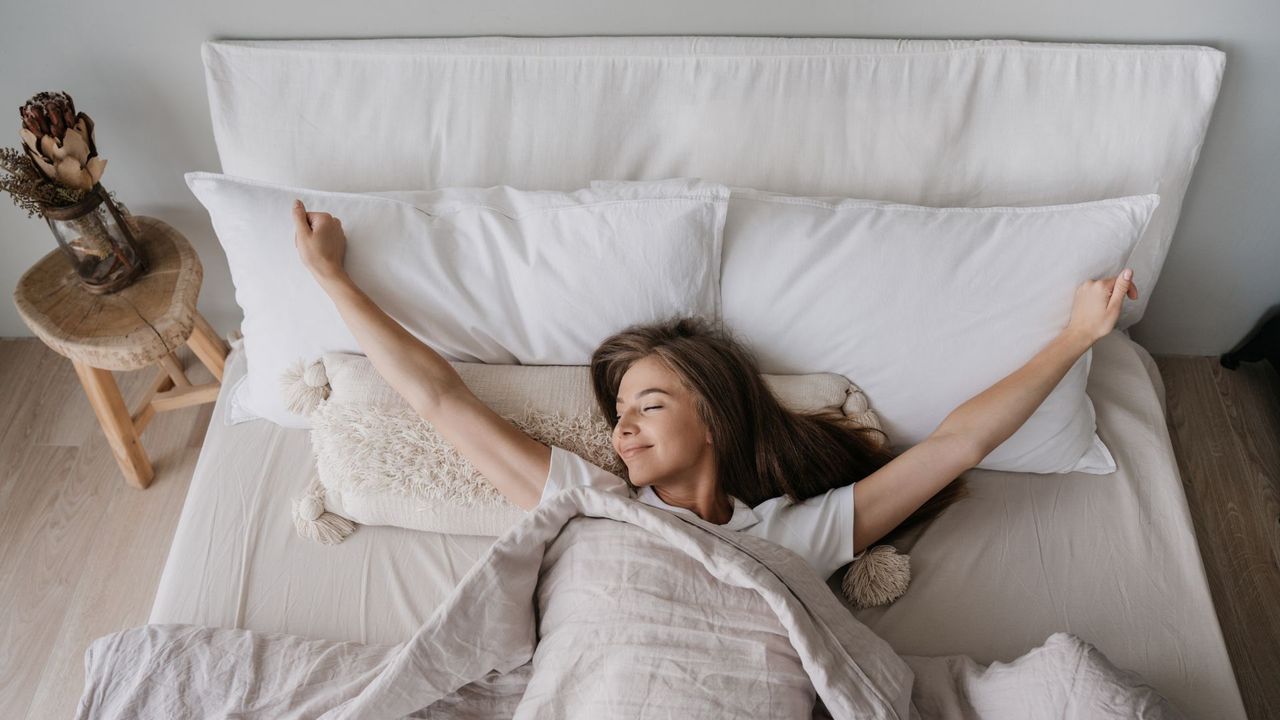As sleep-related trends circulate on social media, traditional methods like acupressure are gaining attention for their potential benefits. Acupressure, a long-standing practice in traditional Chinese medicine, applies pressure to specific points on the body to enhance well-being. Research indicates that acupressure may effectively improve sleep quality, reduce insomnia, and alleviate sleep disturbances in various populations.
Understanding acupressure is crucial in exploring its impact on sleep. According to registered acupuncturist Lily Lai, “Acupressure is a non-invasive traditional Chinese medicine technique that uses pressure on the face and body at specific points known as acupoints.” This technique uses fingers, palms, or tools to apply pressure, aiming to restore the flow of Qi, or vital energy, throughout the body.
Doctor of Oriental Medicine Dr. Haley Parker, Director of Clinical Operations at the Virginia University of Integrative Medicine, elaborates on the process. She explains that acupressure stimulates specific points along the body’s meridians, which correspond to various organs and systems. This stimulation can promote healing, reduce tension, and foster a balance between the body and mind.
Research supports the effectiveness of acupressure for sleep enhancement. A comprehensive review highlighted that acupressure improved sleep quality, total sleep time, and sleep efficiency among hospital inpatients compared to control groups. Dr. Parker notes that there is a “growing body of evidence supporting its effectiveness for sleep,” especially in older adults.
Benefits of Acupressure for Sleep
Acupressure may offer several advantages for those struggling with sleep issues.
1. **Stimulating specific pressure points**: Acupressure targets certain points to calm the nervous system and ease physical tension. Commonly used points include:
– **Shenmen (HT7)**: Located on the wrist crease, this point helps with insomnia and anxiety by calming the mind.
– **Yintang**: Positioned between the eyebrows, this point is known for relieving stress and supporting melatonin production.
– **Anmian**: Found behind the ear, this point specifically addresses sleep disturbances.
– **Sanyinjiao (SP6)**: Located on the inner lower leg, it helps harmonize organ systems that influence sleep.
2. **Reducing stress and anxiety**: Stress is a major contributor to sleep difficulties. Lai cites a systematic review indicating that acupressure can significantly reduce anxiety levels. Dr. Parker explains that it encourages the release of neurotransmitters like endorphins, which play a crucial role in sleep regulation.
3. **Easing insomnia**: Acupressure may be beneficial for individuals experiencing short-term or chronic insomnia. A study involving 200 participants showed that those who practiced self-administered acupressure had improved scores on the Insomnia Severity Index compared to those receiving sleep hygiene education.
4. **Addressing hormonal changes**: Sleep disturbances often accompany hormonal changes, particularly during menopause. Recent research indicated that acupressure could enhance sleep quality by up to 22% in menopausal women, making it a valuable complementary treatment.
Practicing Acupressure at Home
For those interested in trying acupressure, simple techniques can be applied at home. Dr. Parker recommends:
– **Finger pressure massage**: Apply gentle pressure to key points like HT7 or Yintang for 1–2 minutes each, ideally before bedtime.
– **Acupressure mats**: Utilizing mats with small spikes can stimulate multiple points, promoting relaxation.
– **Partner massage**: Focusing on the neck, shoulders, and feet can activate calming points, especially when combined with essential oils like lavender.
– **Breathing with pressure**: Inhale deeply while pressing a calming point, such as Yintang, and exhale slowly to enhance relaxation.
While acupressure is generally safe, it is important to consult with a healthcare provider if experiencing ongoing pain or medical conditions. Lai emphasizes that self-acupressure is suitable for most but recommends seeking professional guidance for more complex issues.
Overall, acupressure stands as a promising avenue for improving sleep quality. With its roots in ancient practices, this technique may offer a holistic approach to modern sleep challenges.





